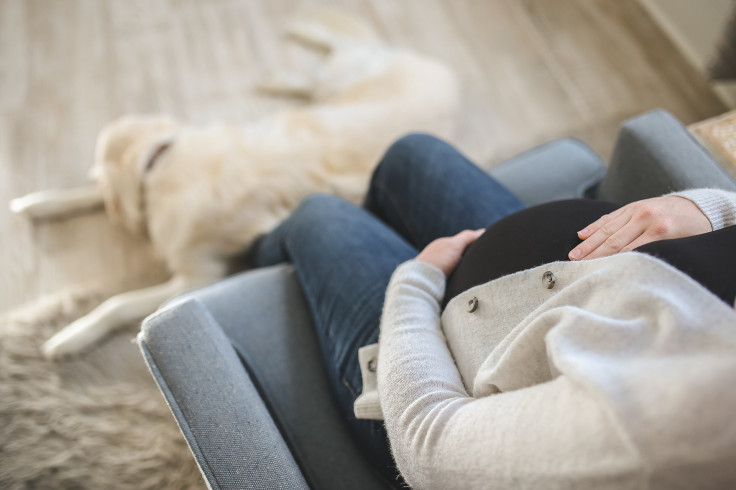Do C-Section Babies Miss Out On Mother's Healthy Microbiome? Here's What A New Study Says
It has been long believed that vaginal birth is beneficial for a baby's health, based on the assumption that the mode of delivery could influence the gut microbiome of babies. A new study says that's not true.
Researchers believed the microbiota of the mother's vagina could influence the development of the baby's gut microbiome when they moved through the vagina during normal delivery. This theory was backed by many recent studies that suggested babies born by cesarean section might be missing certain key gut microbes compared to vaginal birth babies.
The latest study contradicts the long-standing belief. In one of the biggest ever mother-infant cohort studies conducted among 600 expectant mothers in Canada, researchers observed that the mother's vaginal microbiome composition could not predict the babies' stool microbiome composition.
In the study, published in the journal Frontiers in Cellular and Infection Microbiology, researchers evaluated the vaginal swabs from expectant mothers to understand their vaginal microbiome. They also examined stool samples from the babies born to these mothers at three points: within 72 hours of birth, at 10 days old and at three months old.
"It does not appear that exposure to maternal vaginal microbiota at the time of vaginal birth establishes the infant stool microbiome," said Dr. Deborah Money, a co-author of the study.
Although the mode of delivery cannot influence a baby's gut microbiome, other factors such as environment and breast milk could influence the composition, researchers wrote.
"From this study and other follow-up work, we were able to show that transfer of vaginal bacteria to the infant's gut is limited," noted Scott Dos Santos, who conducted the lab work and data analysis.
The team noticed that at 10 days and 3 months, there were significant differences between the stool microbiome composition of babies born vaginally and those born by cesarean section. Scientists believe this difference might be related to antibiotic use.
"The differences we found between infants' stool microbiome composition by mode of delivery in early life seemed to be primarily influenced by exposure to antibiotics around the time of birth," Money said.
More research is required to understand the impact of antibiotics on babies' gut microbiota. Another limitation was that the researchers only evaluated vaginal samples and not stool microbiome samples from the expectant mothers.

Published by Medicaldaily.com



























